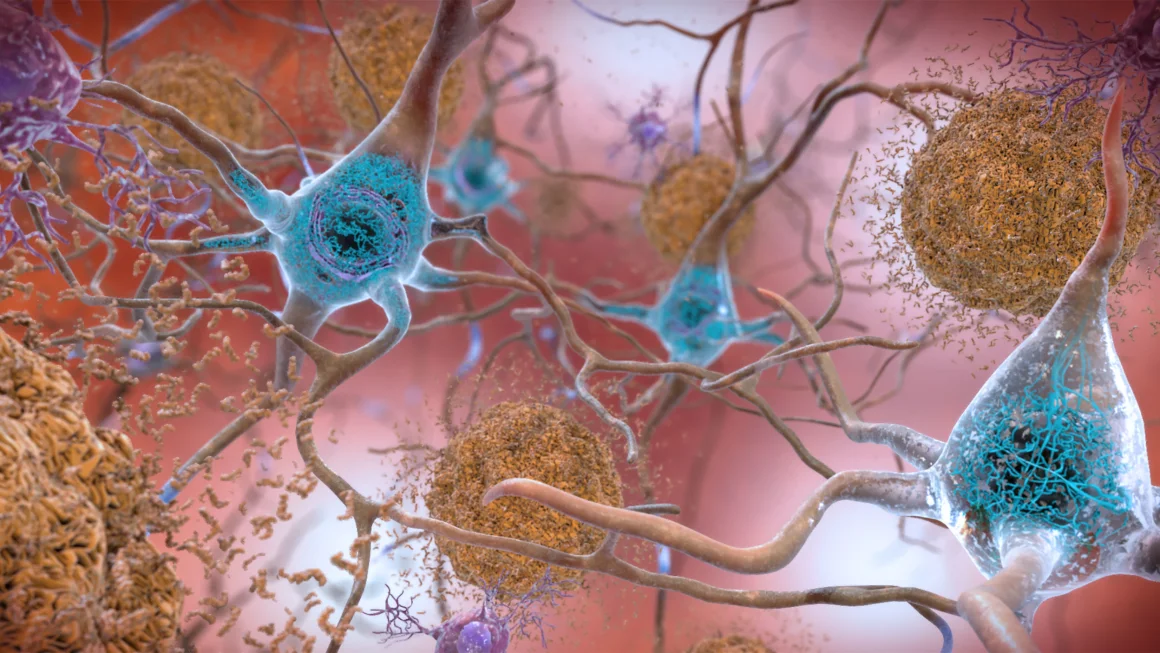
Recent research offers promising insights into the potential of anti-amyloid therapies for delaying the onset of Alzheimer’s disease symptoms. A study involving individuals with rare genetic mutations predisposing them to early-onset Alzheimer’s demonstrated that long-term amyloid removal could halve the risk of symptom development. Over approximately eight years, 22 participants received the experimental drug gantenerumab, resulting in a significant reduction in their likelihood of experiencing cognitive decline.
These findings support the amyloid hypothesis, which posits that amyloid-beta plaques play a crucial role in Alzheimer’s progression. While Roche, the developer of gantenerumab, has ceased its production, other anti-amyloid therapies like donanemab (Kisunla) and lecanemab-irmb (Leqembi) have emerged. These treatments aim to reduce amyloid-beta accumulation in the brain, potentially altering the disease’s trajectory.
However, challenges persist. Funding disruptions from institutions like the National Institutes of Health (NIH) threaten the continuity of such vital research. Sustained support is essential to further explore amyloid buildup’s role in Alzheimer’s and to develop preventive strategies.
In summary, while anti-amyloid therapies show potential in delaying Alzheimer’s onset, ongoing research and consistent funding are crucial to fully understand and harness their benefits.